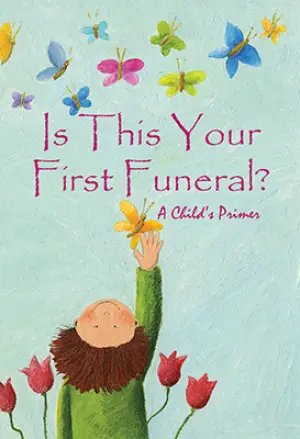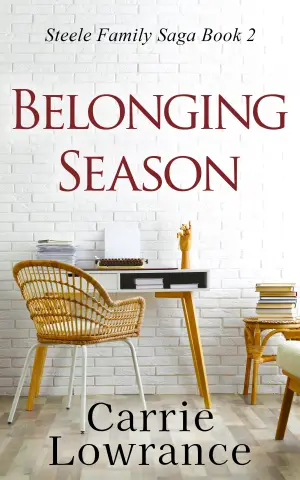Exploring Universality: A Nuanced Conversation on Privilege and Perspective
When I first encountered Natasha Brown’s Universality, I was instantly drawn to its exploration of complex themes surrounding privilege, identity, and societal narratives—especially intriguing to me given her brilliant debut, Assembly. As a reader who often grapples with the stories we tell ourselves and the ones society feeds us, I anticipated a thought-provoking experience. Brown does not disappoint; she crafts a narrative that feels both timely and timeless, layered with insightful commentary that left me reflecting long after I turned the last page.
At its core, Universality navigates the murky waters of privilege and narrative through multiple perspectives. The novel begins with the infamous “A Fool’s Gold”, originally penned for Alazon Magazine. This investigative piece recounts an absurd incident during lockdown: an illegal rave that culminates tragically with an unconscious individual struck by a gold bar. Following this outlandish event, we traverse the lives of those affected—the amoral banker, the iconoclastic columnist, and Hannah, the struggling journalist. Each lens reveals not just personal ambition but a societal critique, inviting readers to ponder who truly benefits from the tales we hear and tell.
One striking element of Brown’s writing is her ability to draw deep sympathy for varied characters without forcing alignment with them. I found myself unexpectedly rooting for Richard, the marginalized banker whose narrative wrestles with the media’s portrayal of him. His indignation about being scapegoated for societal ills resonated, especially as it mirrored my own reflections on how stories can shape perception. He contemplates, "All these ‘writers’ did, as far as Richard could tell, was spread gossip for fun and profit," and I couldn’t help but reflect on the uncomfortable truths in that observation.
Brown’s narrative style oscillates between investigative journalism and intimate storytelling, making the pacing feel refreshingly unrushed while maintaining engagement. The various voices lend a symphonic quality to the narrative, enabling each character’s biases and blind spots to dance in sharp relief against one another. The novel manages to be both conventional and experimental, dissecting societal conditions through the lens of individuals living them.
In this kaleidoscope of perspectives, Lenny Leonard, the self-proclaimed instigator against “woke capitalism,” stands out as perhaps the most self-aware—or ironically self-unaware—character. Her comment, “We tell you what you want to hear while convincing you it’s the truth,” haunted me. It encapsulates the delicate balance of media representation and truth, pushing me to question my own consumption of narratives. Are we too often drawn to stories that reflect our biases, leaving the messy complexities of truths untouched?
Universality is destined to invoke conversation and perhaps even controversy. It is a resounding dive into the murky waters of identity and the privilege that often goes unquestioned. For readers curious about how contemporary issues intertwine with personal narratives, this book is a must-read. It will challenge you, provoke discourse, and perhaps make you reconsider your own narrative.
Ultimately, I give Universality a heartfelt 5 stars. Natasha Brown has once again proven herself to be a literary force, presenting a novel that is not just a reading experience but a mirror to our societal reflections. I cannot thank the author enough, via my twin, aka Gumble’s Yard – Golden Reviewer, for the Advance Reader’s Copy. If you seek a book that’s as engaging as it is challenging, look no further than Universality.






